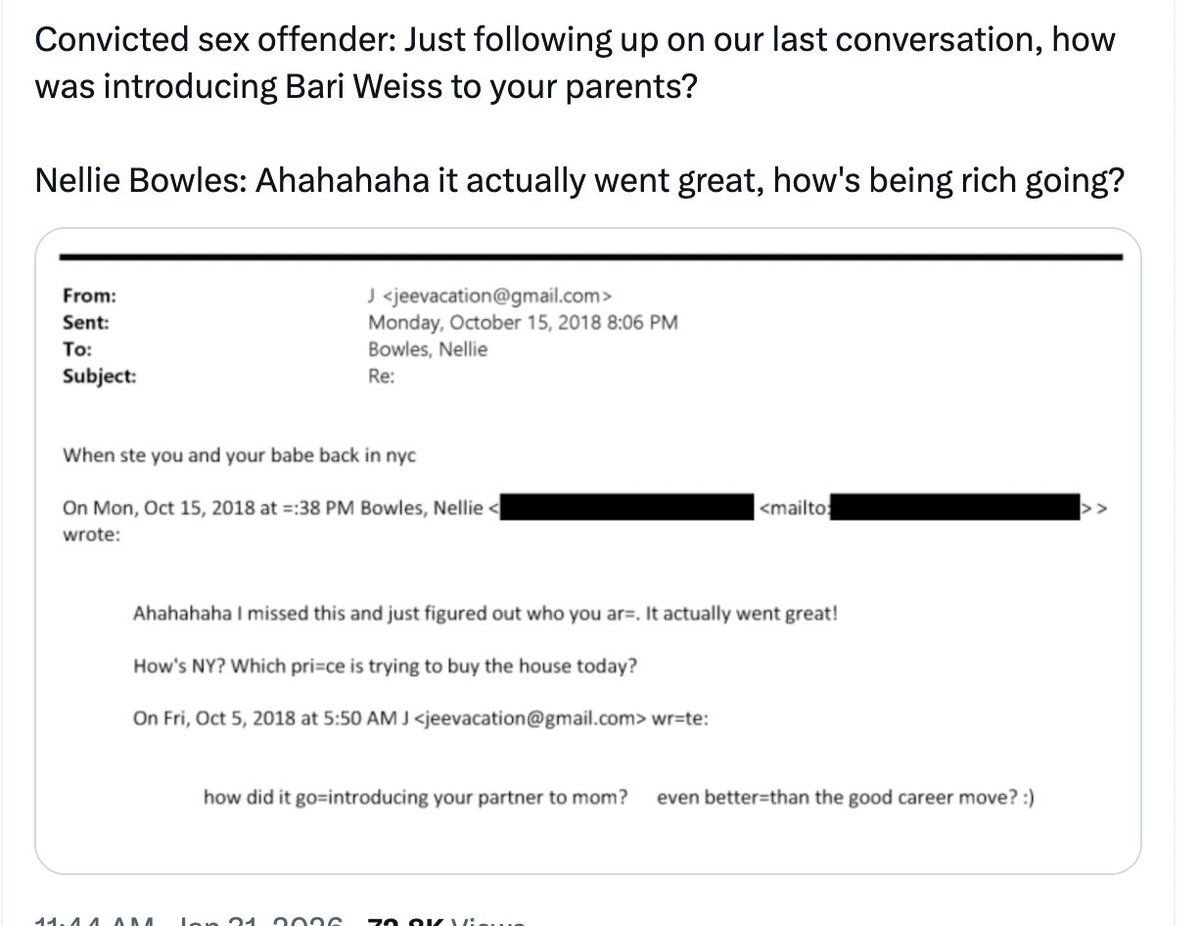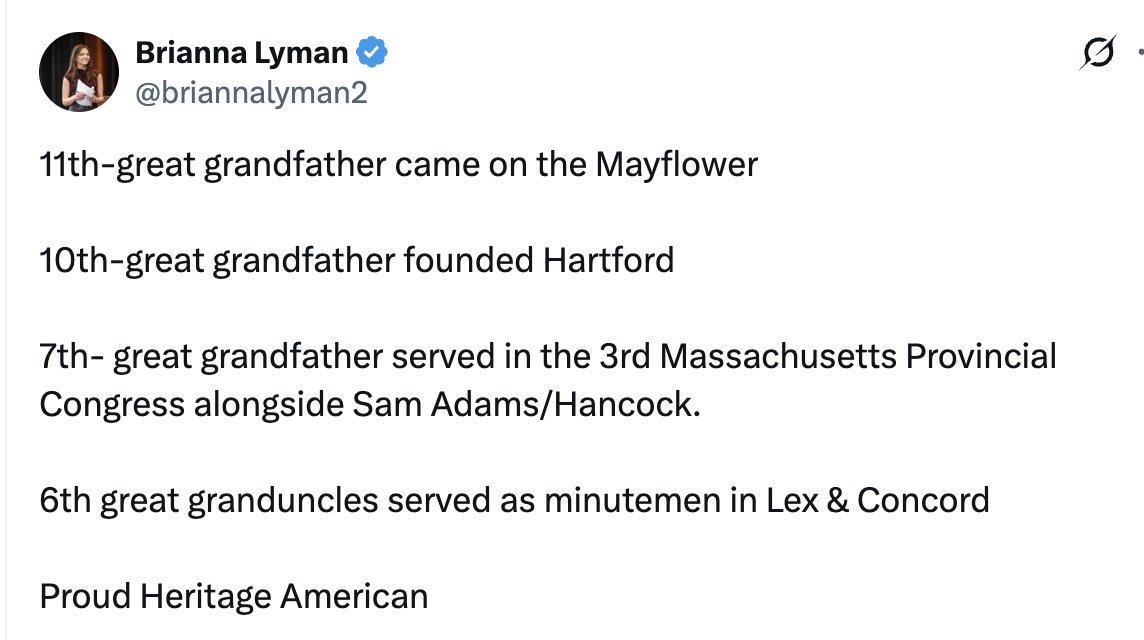1. The storm-clouds of recession are gathering and a few people, notably Bill Maher, are pleased by the prospect, thinking it'll help defeat Trump. That's too narrowly partisan a perspective.
2. In the short run, economic recessions turf out incumbents, so yes, it's good for the anti-Trump people if the economy tanks. But over the longer haul, downturns, except under special circumstances, generation intolerance and hostility towards progressive policies.
3. Some thoughts on possible recession and how to push forward with progressive policies in the face of it. thenation.com/article/trump-…
• • •
Missing some Tweet in this thread? You can try to
force a refresh












